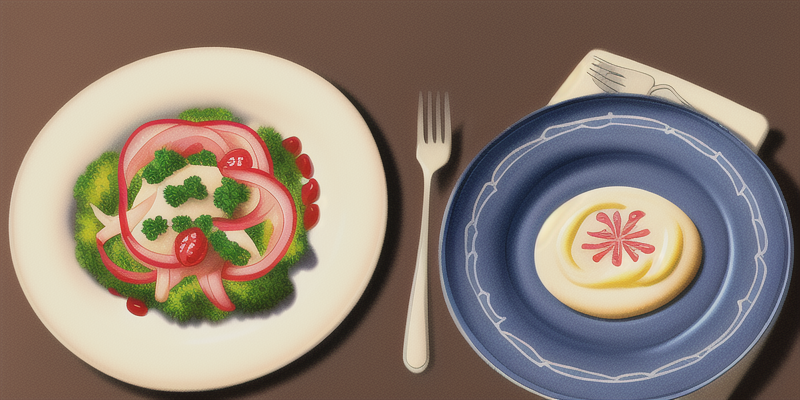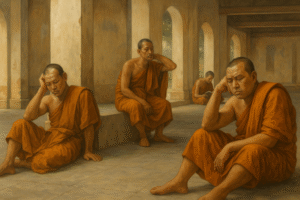Fasting is like a careful balance – you’ve got to pay attention, respect your body, and really care for it. It can be a way to clean up your system, but you’ve got to know when it’s too much. When it starts hurting you instead of helping, that’s where you need to put on the brakes. Fasting shouldn’t be a punishment or a way to show how tough you are. Doing it wrong can mess up your health and miss the point of why people have fasted for centuries – which is about bettering yourself, not just physically but in your soul too.
Now, when fasting goes from being something positive to you just hurting yourself, it’s like attacking your own body. Why would anyone do that? Sometimes people get this idea that they need to control and dominate their body, but that’s not what fasting is about. It’s about love and respect for your body, helping it, not fighting it.
It’s important to understand what’s under the surface. For a long time, different religions have said fasting is a way to cleanse your spirit. But think about this – is not eating the same as being pure? If that were true, people who don’t have enough to eat would be the purest of all. But that’s not the case, is it? We’ve got to understand the difference between choosing to fast for your well-being or spirituality, and just not having food because you can’t afford it – which is a terrible situation.
Listen, it’s crucial to listen to your body when you’re fasting. If you start feeling weak, tired, or shaky, that’s your body telling you something’s not right. Fasting should make you feel alive and in tune with your body, not like you’re falling apart.
On the other hand, if you’re thoughtful and kind to your body while fasting, it can be amazing. When you’re not focused on digesting food all the time, your body can start cleaning house – getting rid of old cells and toxins. Think about it like giving your body a gentle wash, not tearing it down with a wrecking ball. A clean, happy body helps you see and understand yourself better.
Diving headfirst into fasting when you’ve never done it before can be like jumping into an icy lake – it’s a shock to the system! That’s why it’s a smart idea for people who are new to fasting to take it slow and ease into it. Our bodies are amazing, but they also thrive on balance and gradual change. So, instead of going for a full day without food right off the bat, it’s wise to dip your toes in the water first.
One approach is to simply cut back on how much you eat for a short period, giving your body a taste of what fasting feels like. This can mean smaller portions, or maybe skipping a snack that you usually have.
Another good idea is to change what you eat. You could start by swapping out heavy, hard-to-digest foods like red meat for lighter options like vegetables. This doesn’t shock your system as much, and it has the added benefit of packing in nutrients that support your body through the change.
As you gradually cut back on food intake or make changes to your diet, listen to your body. Notice how you feel. If you’re feeling good and think you could take it further, you can start to increase the duration of your fasting period slowly.
The key here is gradual change. Think of it like training for a marathon – you wouldn’t run the full distance on day one. You’d start with shorter runs and gradually build up. Same principle applies to fasting. By easing into it, you’re more likely to have a positive experience and find a fasting routine that’s sustainable and beneficial for you in the long run.
We also need to rethink some old ideas about fasting. The whole idea of getting pure and fighting off evil by not eating might not hold water. Some folks think that evil isn’t a real thing to fight against, so trying to starve it out doesn’t make sense. It’s really important to understand why you’re fasting. There’s a thin line between fasting to improve yourself and fasting as a way to just beat yourself up.
When the body is purified through practices like fasting, mindful eating, or detoxification, it’s like the fog lifting off a lake – things become clear. This clarity isn’t just physical; it can be mental and spiritual too. One of the intriguing things that can happen is that you become more in tune with the subtle energies flowing within your body. Some people refer to this as the “energy body” – it’s like an underlying current of life force. When your physical body isn’t bogged down with toxins or excess, this energy body can be more perceptible. You might feel more vibrant, balanced, and connected. It’s not just about being aware of your heartbeat and your breath – it’s deeper than that. It can be like tuning into a hidden radio frequency that’s been there all along but was just out of range. This newfound awareness can be transformative, guiding you to make choices that keep this connection strong and positively impact your overall well-being.





